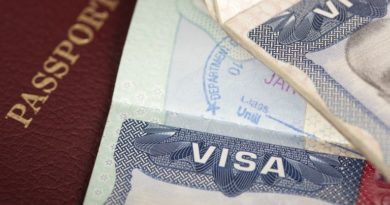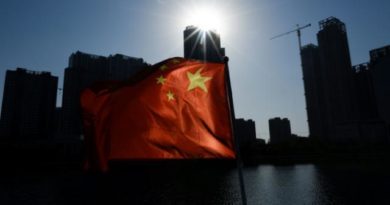ASEANEWS HEADLINE-ASIA GEOPOLITICS | West Philippine Sea: China uses acoustic weapon on Philippines ships
The Philippine Coast Guard (PCG) has monitored an illegal presence of the China Coast Guard off the coast of Zambales. on January 15, 2025. X / Jay Tarriela
WATCH VIDEO: https://www.youtube.com/watch?v=At8fULXakfU
PCG: China harassed PH vessel with high-decibel acoustic device | ABS-CBN News
.
.
PCG slams China bid to set ‘new order’
.
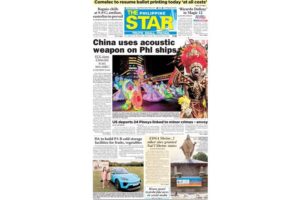
MANILA, Philippines — MANILA, Philippines — The China Coast Guard (CCG) used a long-range acoustic device (LRAD) to harass Philippine vessels in the West Philippine Sea, the Philippine Coast Guard (PCG) reported on Saturday.
“For the first time, CCG-3103 deployed an LRAD to harass the Philippine Coast Guard vessel, attempting to deter proximity,” PCG spokesman for the West Philippine Sea Commodore Jay Tarriela said in a statement on X (formerly Twitter).
Crewmembers described the LRAD as producing high-decibel sound levels that can be painful and potentially damaging to hearing.
The incident followed a separate Chinese interference on Friday when the CCG and the People’s Liberation Army-Navy harassed Bureau of Fisheries and Aquatic Resources vessels near Sandy Cay in the West Philippine Sea.
Despite the harassment and the presence of the larger Chinese vessel, PCG’s BRP Cabra remains committed to its mission, according to Tarriela.
He said Cabra has been vigilantly patrolling the Zambales coastline, preventing Chinese vessels from inching closer to Philippine waters.
As of the latest operations, the CCG has been pushed back to a position between 90 and 95 nautical miles from the shore.
“This achievement is a testament to the vigilance and bravery of the men and women aboard BRP Cabra,” Tarriela said, adding that the crew has been conducting hourly radio challenges to assert that the Chinese presence violates the Philippine Maritime Zones Act, the United Nations Convention on the Law of the Sea and the 2016 Arbitral Award.
The PCG official confirmed that CCG-3103 replaced CCG-3304 in the area, maintaining what he described as an “illegal patrol.”
The vessel appeared to be escorted by CCG-5901, also known as the Chinese monster ship.
The PCG said it continues to uphold its mandate to safeguard the country’s maritime jurisdiction while striving to avoid provocation and escalation.
NOISE ASSAULT Followed by the Philippine Coast Guard (PCG) about 170 kilometers from the coast of Zambales on Saturday, China Coast Guard Vessel 3103 activates a high-decibel acoustic device directed at the PCG. —Screengrab from PCG video
.
|
|
.
PCG denounces China’s ‘new order’
.
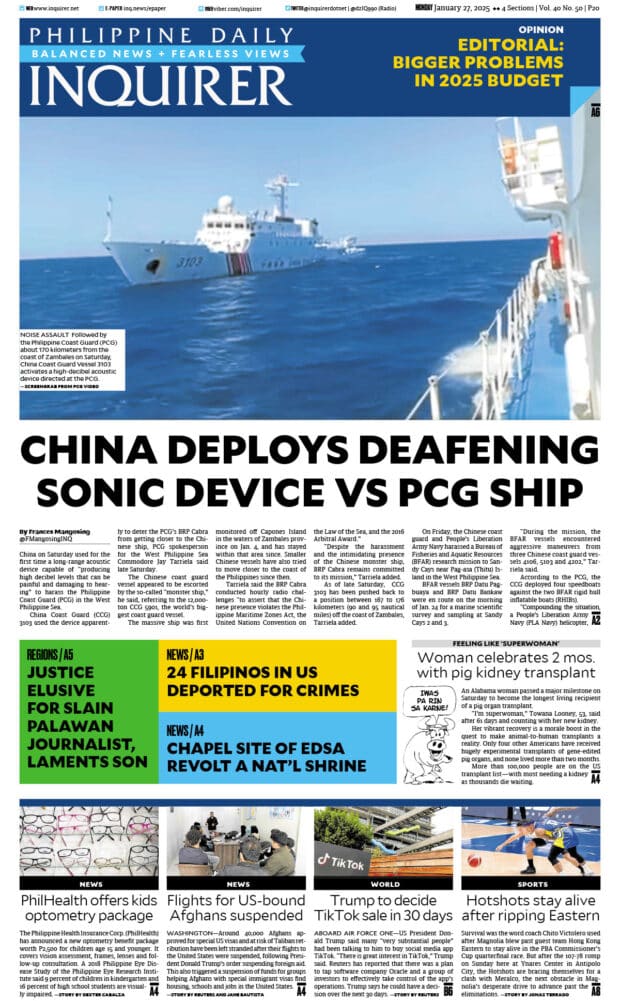 Meanwhile, the PCG has denounced China for imposing a “new order” in maritime areas outside its jurisdiction, following threats made by the CCG against a Philippine patrol vessel within the country’s exclusive economic zone.
Meanwhile, the PCG has denounced China for imposing a “new order” in maritime areas outside its jurisdiction, following threats made by the CCG against a Philippine patrol vessel within the country’s exclusive economic zone.
Tarriela yesterday noted that the CCG-3103 vessel illegally operated 93 nautical miles off Zambales, where it attempted to force the Philippine vessel BRP Cabra to leave.
“Their threats against the legitimate presence of the Philippines conducting maritime patrols – warning that if we do not leave, they will take necessary measures and we will bear the consequences – clearly indicate China’s desire to impose a new order that undermines the rules-based international system,” he said in a statement on X.
He added that China’s actions blatantly violate international law, asserting jurisdiction over waters well beyond its legal maritime baseline.
“They appear intent on reverting to a system where they might dictate what is deemed right, allowing powerful countries to impose their interests at the expense of others’ rights and jurisdictions,” Tarriela said.
|
|
.
Washington’s commitment to allies
.

In a related development, the United States emphasized to China Washington’s commitment to its allies and its serious concern over China’s coercive actions in the South China Sea and working with allies and partners to deter Chinese aggression in the Indo-Pacific.
The US State Department said Secretary of State Marco Rubio spoke in a telephone call with China’s Director of the Chinese Communist Party Central Foreign Affairs Commission and Foreign Minister Wang Yi on Jan. 24.
In a statement, State Department spokesperson Tammy Bruce said Rubio emphasized that the Trump administration would pursue a US-China relationship that advances US interests and puts the American people first.
“The secretary also stressed the United States’ commitment to our allies in the region and serious concern over China’s coercive actions against Taiwan and in the South China Sea,” Bruce added.
US Defense Secretary Pete Hegseth asserted that the US would work with its allies and partners to deter Chinese aggression in the Indo-Pacific.
“We will reestablish deterrence by defending our homeland – on the ground and in the sky. We will work with allies and partners to deter aggression in the Indo-Pacific by Communist China, as well as supporting the president’s priority to end wars responsibly and reorient to key threats. We will stand by our allies – and our enemies are on notice,” Hegseth said in his message to the US military after he was sworn in last Saturday as the US’ 29th secretary of defense.
“All of this will be done with a focus on lethality, meritocracy, accountability, standards and readiness,” he added.
Foreign Affairs Secretary Enrique Manalo and Rubio affirmed the strength of Philippine-US alliance and the “ironclad commitment” to the Philippines.
In a readout last Wednesday (US time), the State Department said Rubio spoke to Manalo about issues of mutual concern, including China’s dangerous and destabilizing actions in the South China Sea.
Rubio conveyed that China’s behavior undermines regional peace and stability and is inconsistent with international law. — Pia Lee-Brago
|
|
…
Trilateral cooperation
Meanwhile the Philippines, France and Vietnam should explore the feasibility of a trilateral maritime cooperation to boost regional security.
Rear Adm. Roy Vincent Trinidad, Navy spokesperson for the West Philippine Sea, raised that prospect of a “trilateral cooperative agreement” (TCA) between the Philippines, France and Vietnam during a recent forum on maritime security partnerships in Makati City.
This potential agreement, he said, would be similar to the TCA between the Philippines, Indonesia and Malaysia forged in 2016 to enhance law enforcement in the Sulu Sea and Sulawesi Sea, a hot spot for kidnapping, piracy and other transnational crimes.
|
|
.
‘Commitment’
France is among the countries in talks with the Philippines for a Status of Visiting Forces Agreement, which serves as a foundation for further enhancing interoperability.
Manila already has similar agreements with Washington and Canberra, while a deal with Tokyo has yet to be ratified by their parliament.
French aircraft carrier Charles de Gaulle, which is currently operating in the region to demonstrate Paris’ commitment to freedom of navigation, will visit the Philippines next month for its first port call that “underscores France’s commitment to strengthening its involvement alongside the Philippines,” French Ambassador to Manila Marie Fontanel said in the same forum on Jan 23.
The Philippines and Vietnam are expected to sign a defense cooperation agreement this year, following a range of maritime-related engagements in 2024, including joint coast guard drills.
“While Vietnam and the Philippines have achieved much together, the complexity of maritime security challenges demands broader collaboration,” Vietnamese Ambassador to the Philippines Lai Thai Binh said in the same event.
.
|
|

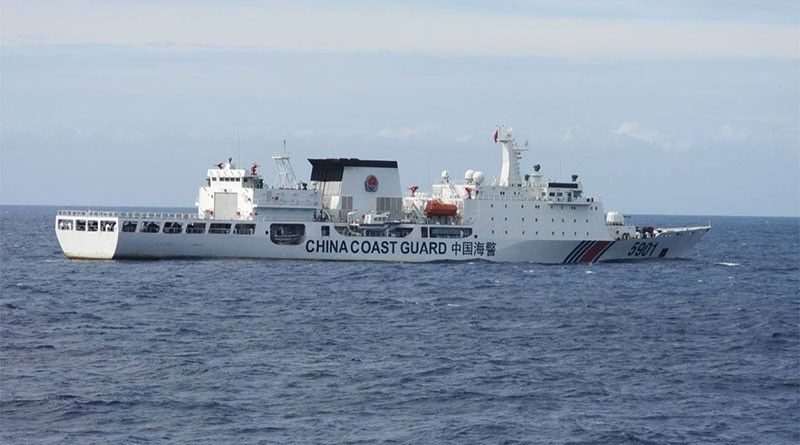
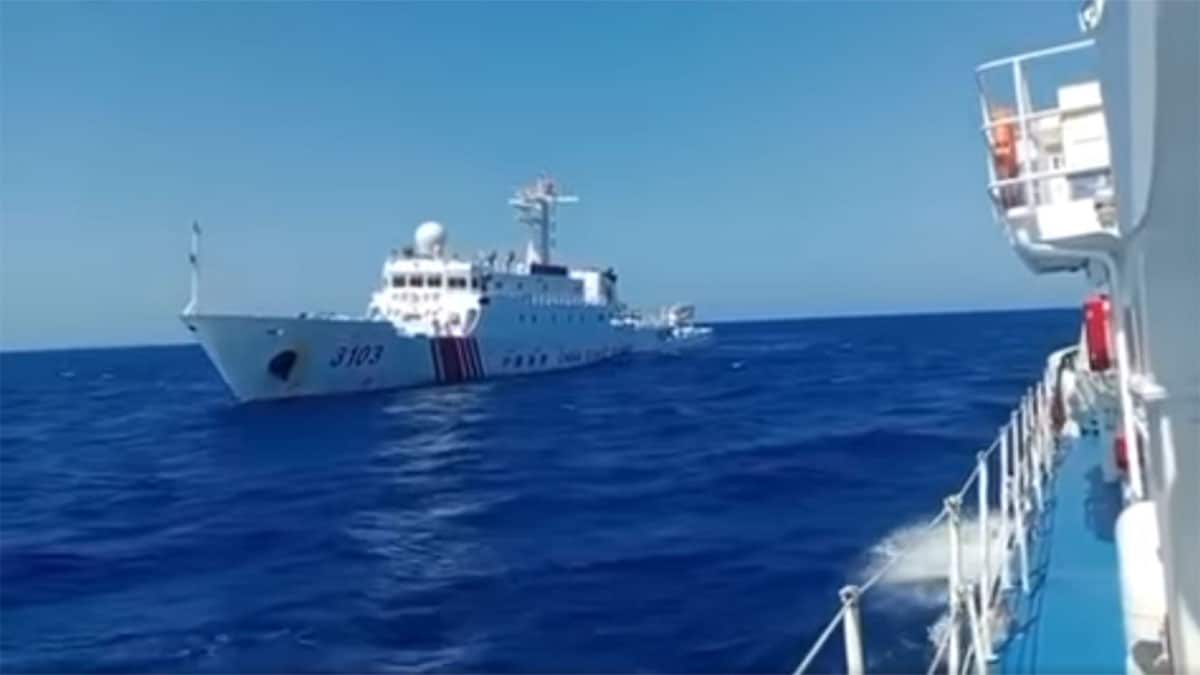

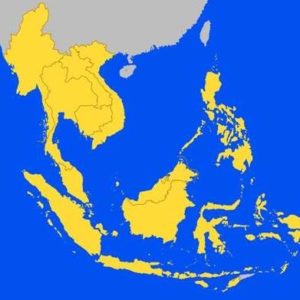
 Memento Maxima Digital Marketing
Memento Maxima Digital Marketing




